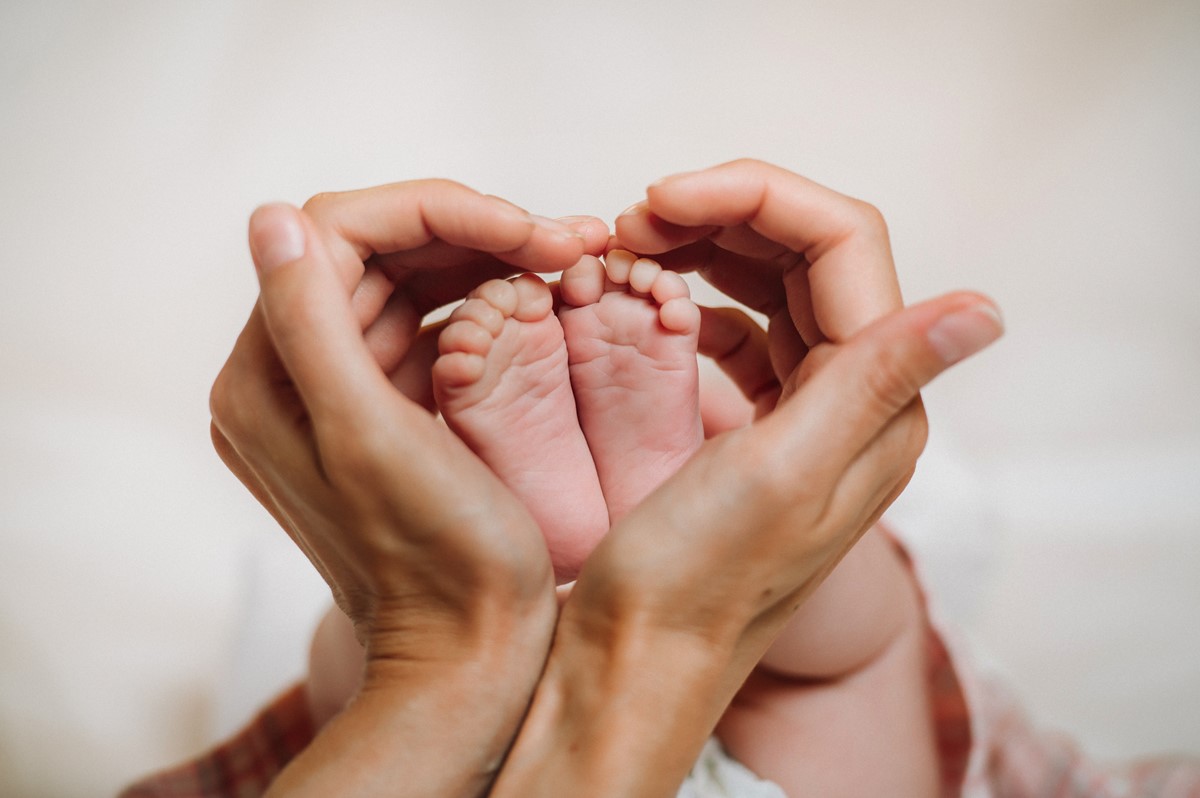Everything You Need to Know About Your Trip to Barbados
17 Apr
Please wait...
07 Apr

hoto: Courtesy of Lobachad
World Health Organization (WHO) is concerned about the negative ramifications of separating COVID-19-positive mothers from their newborns.
According to WHO:
a study published in the Lancet EclinicalMedicine highlights the critical importance of ensuring newborn babies have close contact with parents after birth, especially for those born too small (at low birthweight) or too soon (preterm). However, in many countries, if COVID-19 infections are confirmed or suspected, newborn babies are routinely separated from their mothers, putting them at higher risk of death and lifelong health complications. (who.int)
WHO worries the most about the poorest countries where the highest number of preterm births and infant deaths occur. According to a recent study conducted by WHO and partners, disruptions to Kangaroo Mother Care--defined by early, prolonged skin-to-skin contact with a parent and exclusive breastfeeding--will worsen these risks (who.int).
WHO advises that mothers should continue to share a room with their babies from birth and be able to breastfeed and practice skin-to-skin contact--even when COVID-19 infections are suspected or confirmed--and should be educated in disease spread prevention practices, such as handwashing, mask-wearing, pump-washing, etc. (who.int).
WHO states that studies have reported no symptoms or mild disease from COVID-19 in infected newborns, with low risk of neonatal death (who.int). WHO feels the risks involved with separating newborns from their mothers far outweigh the risk of newborns getting a severe case of COVID-19 (who.int).
According to WHO, up to 125 thousand babies' lives could be saved with Kangaroo Mother Care. For babies born preterm or at low birthweight, Kangaroo Mother Care is particularly critical. Among infants born preterm or at low birthweight, Kangaroo Mother Care has been shown to reduce infant deaths by as much as 40 percent, hypothermia by more than 70 percent, and severe infections by 65 percent (who.int).
"Much more attention is needed to ensure health practitioners and policymakers globally are aware of the need to keep mothers and babies together in these critical early days, especially for babies born too small or too soon," said Queen Dube, Director of Health at the Ministry of Health in Malawi. “Kangaroo Mother Care is one of our most cost-effective ways to protect small and sick newborns” (who.int).